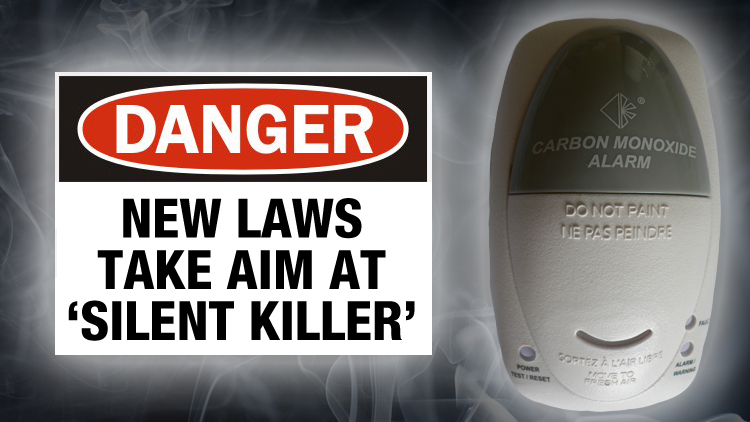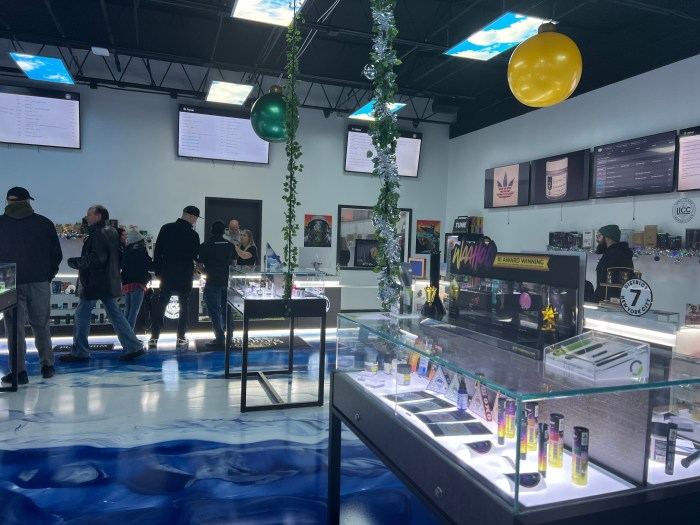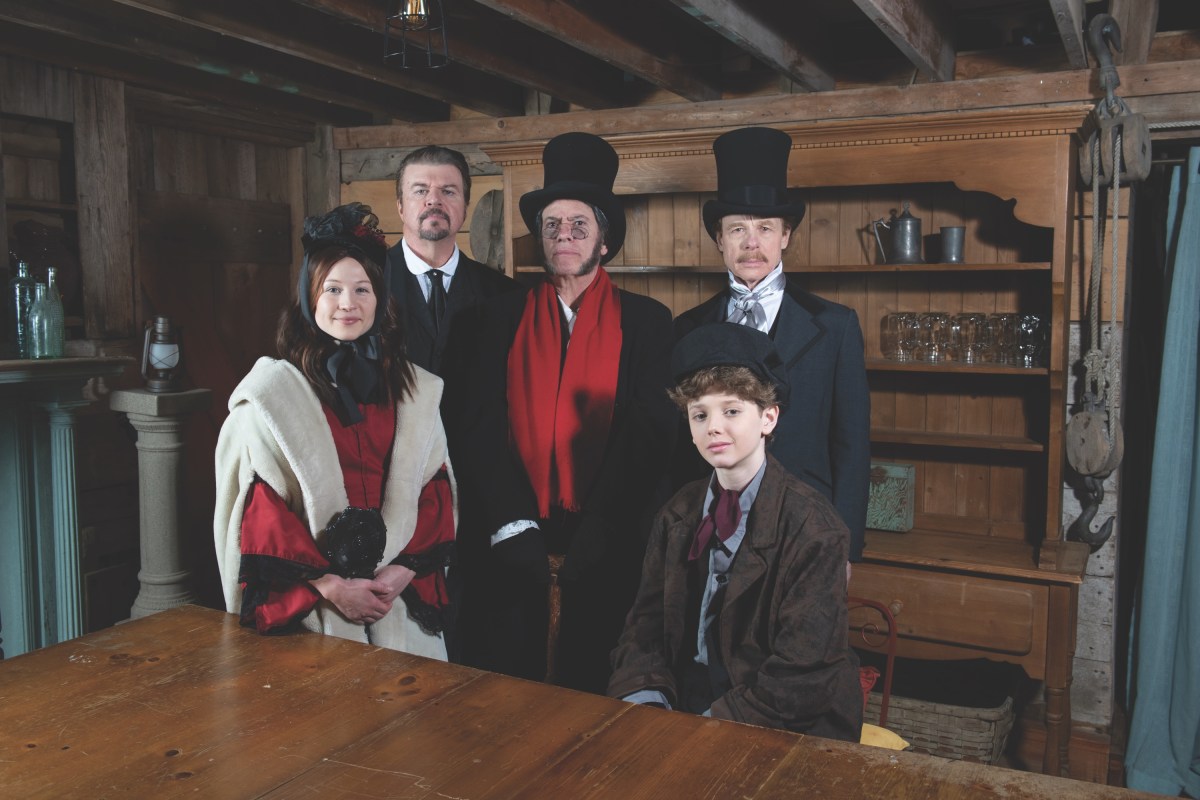Lawmakers in a half dozen municipalities across Long Island have expanded carbon monoxide detector mandates last month after the poisonous gas recently killed one person and sickened 27 others at Walt Whitman Shops.
Nassau County as well as the towns of Hempstead, North Hempstead and Brookhaven passed laws requiring CO detectors in commercial establishments and places of public assembly while Suffolk legislators approved a measure requiring them in county buildings. Oyster Bay town officials said they are sending letters this week to businesses requiring them to do the same under current town code, or face fines. And similar proposals are being debated elsewhere on LI and in the New York State Legislature.
“What is so frightening about carbon monoxide is that it is truly the silent killer,” said Mark Cappola, one of the EMTs sickened while treating patients during the Feb. 22 Legal Seafood incident, to the town board as it debated adopting a similar code last month. “It’s odorless, colorless, non-irritating and impossible to detect without equipment. We never smelled, tasted, felt or in any way knew we were being exposed to this poison. We simply went about our business of treating our patients, and all the while we were inhaling the toxic gas and becoming victims ourselves.”
New York State Uniform Fire Prevention and Building Code requires CO detectors in residential buildings, but not commercial structures. A handful of proposals pending in Albany include bills that would require the devices in schools, college dorms and would create tax credits to help owners buy them—in addition to one requiring them in commercial establishments statewide. Some local politicians that passed their commercial CO-detector codes urged state lawmakers to do the same.
More than 400 people nationwide die annually of CO poisoning—and over 20,000 are hospitalized—often as a result of using gas-powered generators indoors, running vehicle engines while parked in unventilated garages or trying to heat a home with a gas range, oven or BBQ grill, according to the U.S. Centers for Disease Control and Prevention. The Legal Seafood case was attributed to a malfunctioning water heater flue pipe and went unnoticed, since there was no CO detector, until a staffer fainted.
“I hope the state follows Nassau’s lead by implementing this legislation state-wide,” Presiding Officer Norma Gonsalves (R-East Meadow) said of the new code in that county, which gives existing businesses until 2015 to install battery-operated detectors and requires new or renovated commercial structures to install hardwired detectors.
Supporters of expanding the mandates include Jack McCarthy, president of the Suffolk County Restaurant & Tavern Owners Association, Brian Rosenberg of the Long Island Restaurant and Hospitality Association and Neal Lewis, executive director of The Sustainability Institute at Molloy College, who had been pushing to raise awareness of the issue prior to the Huntington case.
The Town of Babylon, where seven people reportedly suffered CO sickness at a West Babylon business this week, is encouraging builders to install the devices in new structures and is considering drafting similar legislation. A Southold building inspector said his town is also considering drafting legislation. Riverhead, East Hampton and Shelter Island town officials said they have no such proposals. Smithtown, Islip and Southampton officials did not respond to requests for comment.
Cappola, the EMS worker who was among the staff and first responders sickened at Legal Seafood, recalled that the gas was filling the restaurant that Saturday night, and they were moments away from more fatalities in addition to the 55-year-old manager, Steven Nelson.
“What happened at Legal Seafood was a warning shot that cannot be ignored,” he said.



























